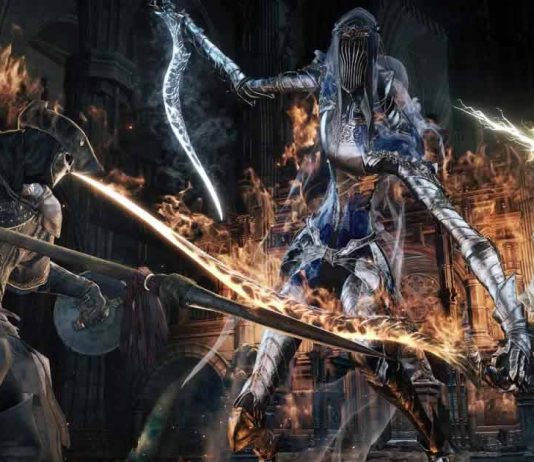Our expectations for next-gen consoles like the PlayStation 5 are high; Its power opens up a whole new world of possibilities in our games, beyond beautiful graphics thanks to the new GPU from AMD.
While the demand for PlayStation 5 is increasing day by day around the world, the parent company Sony comes with a new patent that seeks to solve the problem that many players encounter when they get stuck due to the high difficulty of the game.
This new patent shows how the experience of the next games can be completely different by using AI to improve the game.
The patent, published last week, talks about a new machine learning system capable of dynamically raising or lowering the difficulty of a video game, offering a different experience for each player who faces a “final boss.”
According to Sony, a deep-learning system will override the default difficulty levels placed by the developer and applies a “variable difficulty,” which changes in real-time depending on what the players do.
Sony’s proprietary system is capable of generating data based on each player’s attempt to kill a “final boss.” Each record includes data on the skills and strategies used by each player who has faced the enemy, and the system is able to use that to vary the level of difficulty.
We are not just talking about changing the life points that the boss has, but about changing the strategies and behavior of the enemy. For example, if players discover an especially effective attack pattern in a final boss stage, the rest can simply copy it; if the game detects that, it can increase the difficulty to counter those attacks and force the player to do something else.
That also works the other way around; If the boss has attacks that are too powerful, which kill players hopelessly, the AI may decide to leave an opening on purpose, which can be exploited by the players.
Sony clarifies that this system would always be optional and that players will be able to choose between activating it or using the traditional method of choosing a level of difficulty. But if applied well, you can create more organic games, in which each game is different. At the moment, there are no games announced with this technology.


